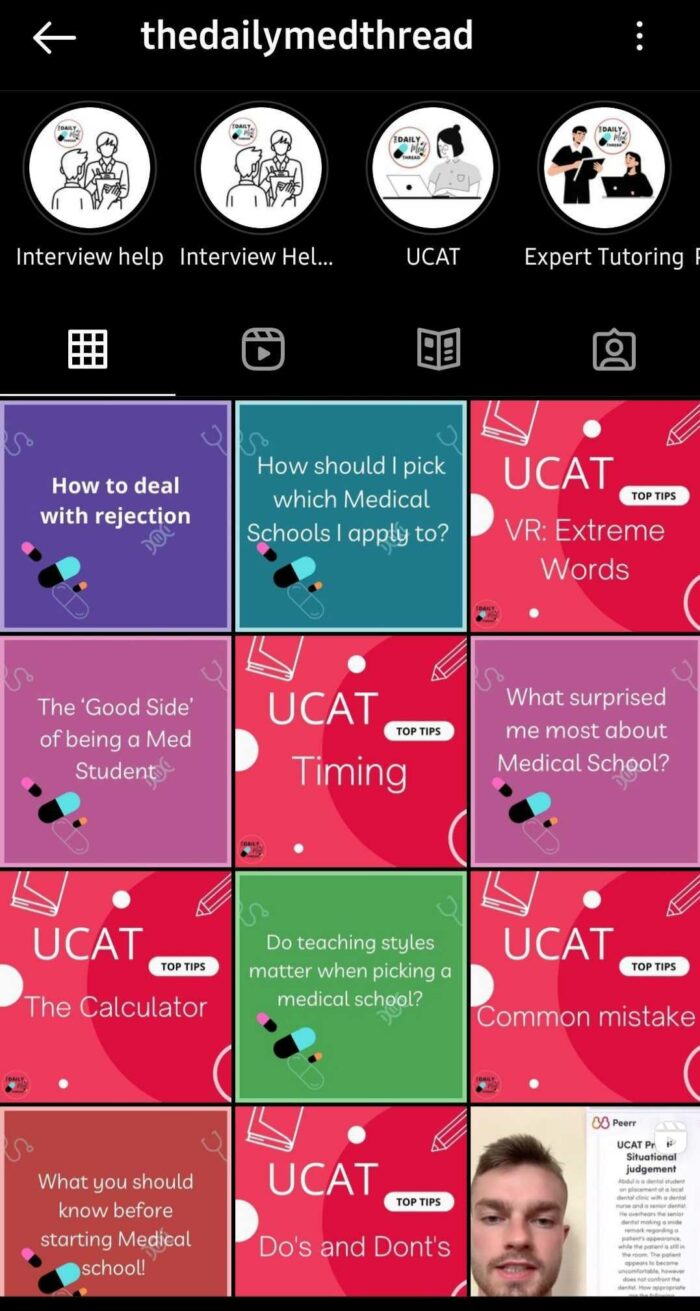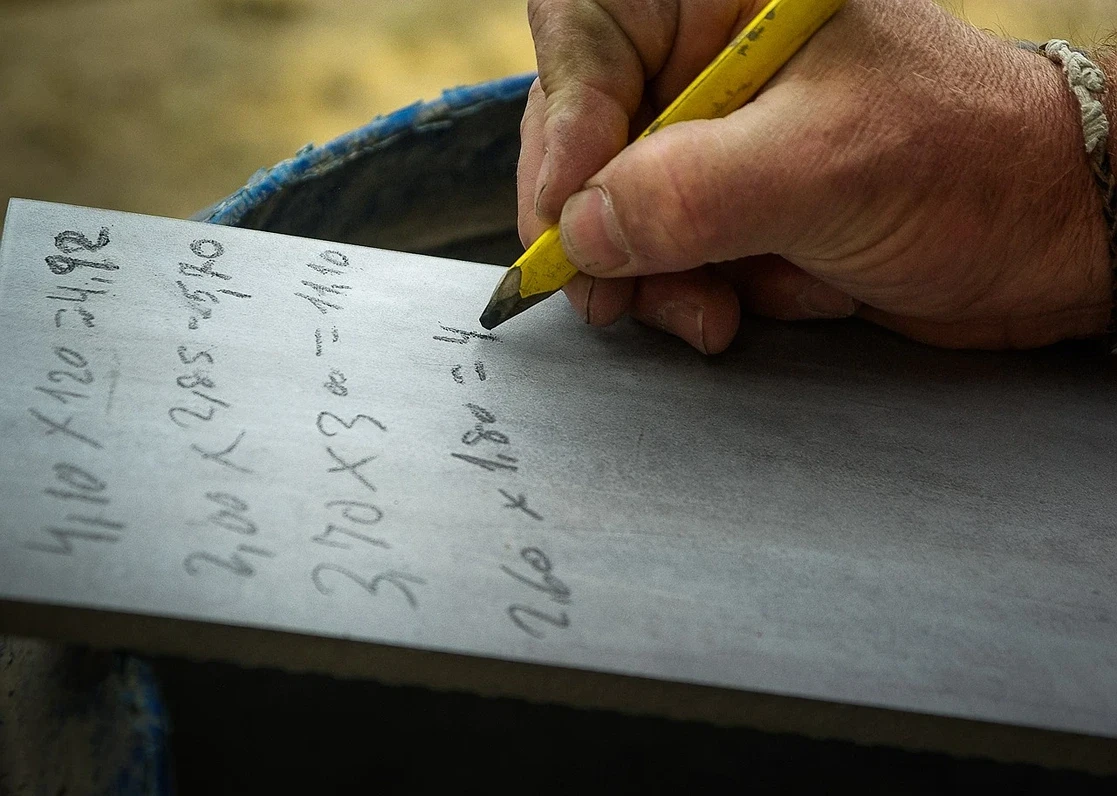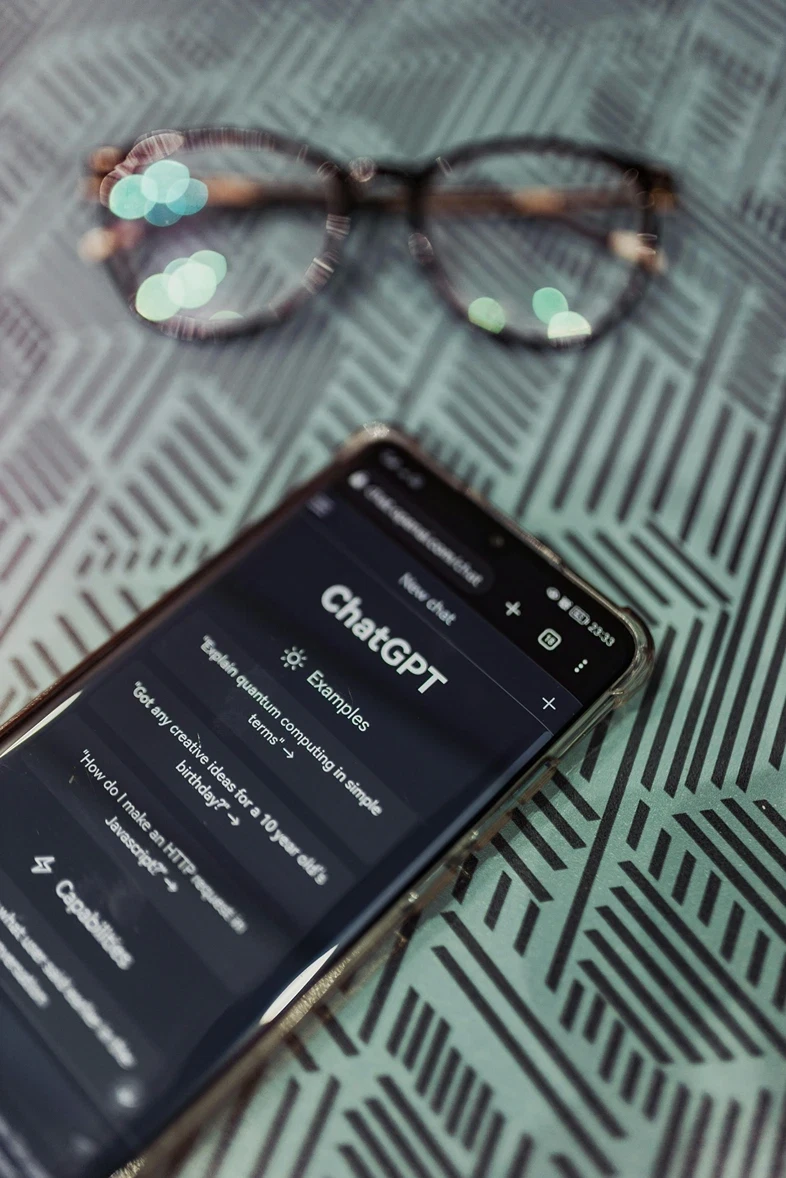So, Why Plymouth Medical School?
So, you’re applying to medical school – exciting stuff! If you’re still unsure where to apply, why not consider Plymouth Medical School? As a medical student myself currently studying at Plymouth (at the time of writing this, I’m in my third year), I want to give you the ins and outs of life at Plymouth Medical School and why you should apply to study here!
Location
The biggest reason behind my decision to apply to Plymouth was because of its location. Plymouth is known as ‘Britain’s Ocean City’ and rightly so! Located right next to the water, Plymouth can feel like the ideal holiday location (when the weather is right, of course!). The Hoe and Royal William Yard are my two favourite places, so give both a visit if you’re visiting Plymouth for an open day.
Plymouth is also very close to Dartmoor and Cornwall, so you’re always only a bus or train journey away from an exciting day out. The only disadvantage of Plymouth is that it is arguably too far south. If you want to visit family or friends north of Cardiff/Bristol, you have a full day of travelling ahead (unless you want to hop on a plane!). You should definitely keep this in mind when considering whether Plymouth is the right place for you.

Plymouth is known as Britain’s Ocean City. Source: Instagram
Focus on Holistic Learning
One aspect of the medical course at Plymouth (which I wasn’t aware of before applying) is its emphasis on holistic learning as a future doctor. As far as I know, Plymouth places the most emphasis on reflection and self-development compared to other medical schools in the UK (although this is hard to measure). Many of the assessments we complete test our ability to reflect on our own performance, the performance of our peers, and how we work together alongside patients. In addition, Plymouth focuses on honing your ability to communicate with patients rather than just focusing on pure academic content.
To encourage reflection and self-directed learning, the timetable at Plymouth has a lot of ‘free’ time. But do not be tricked by the gaps in the timetable! Plymouth recommends an additional two hours of study outside of your university timetable each day. You can spend this time further studying topics you find interesting or brushing up on complex concepts. Use your time to your own advantage! Many other more traditional medical schools have full days of 9–5 learning back to back. These days are a rare occurrence at Plymouth, especially in Year 1 and Year 2.
Placements
Plymouth has early access to patient contact, with placements starting in the community in the first year of your course. These placements happen once a month or so. Here’s a list of some different placements you can expect to attend in your first year:
- Hamoaze House. This is a rehabilitation centre for those with problematic drug and alcohol use. You may get the opportunity to talk to some of the service users and sit in on a group meeting.
- GP placements. You may get the chance to see patients in a GP setting. There are many different GPs in Plymouth, so who knows where you could end up!
- Space to Move. This is a studio that promotes movement through dance, yoga, and other activities.
As you can see from the information above, the styles of placements you could experience in Year 1 are extremely varied! You could do yoga one month and see patients in general practice the next! The idea of your placements in first year is to get involved in the community and meet people from different walks of life.
In second year, your placements focus on getting more clinical experience, which involves hospital and general practice placements. In these placements, you’ll get the chance to practise taking history from patients, presenting to the doctors, and even carrying out examinations on patients.
Don’t Get Confused! Plymouth University = Penninsula Medical School (PMS)
To avoid confusion, Plymouth is also called Peninsula Medical School. This comes from its history as part of Exeter Medical School. Until 2013, Exeter and Plymouth shared medical and dental schools, but after 2013, the schools were separated, forming Peninsula Medical and Dental School (Plymouth) and Exeter Medical School. There is a lot of healthy competition between Plymouth and Exeter, and this rivalry extends to the university and medical schools too!
Teaching at Plymouth
The teaching at Plymouth takes place on the university campus (located in the city centre) and at the John Bull Building (JBB), which is found at Derriford Hospital. Portland Square (PSQ) is where you will find yourself most as a first- or second-year medical student. This is located on campus, likely a few minutes walk from your accommodation. Most accommodation locations in Plymouth are in the city centre or right next to the university (which are both very close to each other).
You will have most of your small group and interactive sessions on campus, whilst your clinical skills teaching will take place at JBB. Here you will learn everything clinical, such as CPR and Basic Life Support, musculoskeletal examinations and respiratory examinations, and how to take an ECG.
Quick tip: you do not need to dress up for teaching at PSQ, but you must dress as if you were seeing a patient anytime you visit JBB at Derriford Hospital.
You will likely be at JBB once a week and at PSQ three or four times per week. You will need to catch a bus from the city centre to Derriford hospital. Depending on traffic, this can take anywhere from 15 minutes to over an hour, so give yourself plenty of time until you work out how much time you need!

Plymouth Medical School offers a fantastic location and holistic learning. Source: MedicMind
The Application Process: Plymouth Medical School Entry Requirements
Entry requirements can change yearly, so double-check this through Plymouth University’s website before taking this information as fact. I found that Plymouth takes a comprehensive, holistic approach to applications. The university does not place a significant emphasis on any one aspect of your application, looking instead for applicants who are all-rounders.
Let’s look at how Plymouth judges applicants based on grades and UCAT performance. Remember, these criteria only take you to the interview! The decision on whether you get an offer will be based on your performance in the interview.
A-Levels
The typical offer is A*AA – AAA at A-Level. This must include:
- Grade A in biology.
- Grade A in chemistry, physics, maths, or psychology.
- Your third A-Level can be anything aside from general studies.
Only A-Levels completed after 2017 can be considered for application in 2022. Otherwise, you need to apply through GAMSAT. This is the graduate entry application process into medicine.
GCSEs
When considering the GCSE requirements for a medical school, browse online to see if you can find the most commonly accepted range of GCSEs in past application cycles. Most medical schools only ask for seven ‘passes’ at GCSE, including maths, English, and sciences. In reality, every medical applicant has all As and A*s at A-Level.
Check whether Plymouth or other medical schools have used cut-offs in the most recent application cycle.
UCAT
Plymouth uses cut-offs for their UCAT scores. This means any score below the cut-off is not considered for an interview. Unfortunately, this information is only released after the application cycle, but we can use the information from previous years to help us apply strategically.
Here were the UCAT thresholds for entry in 2017–2021:
- 2017 = 1870
- 2018 = 2400
- 2019 = 2330
- 2020 = 2390
- 2021 = 2400
- 2022 = 2610
Remember that the UCAT exam has changed throughout the years. For example, some sections were not included in 2017, which is why the score is so low.
Plymouth Medical School Interview Questions
You’ve met the entry requirements; now it’s time for the interview.
After you have an interview for entry into medical school, you will sign some disclaimers to say that you will not share any of the information from the interview with other people. This is so that the application process remains as fair as possible so that some people don’t have an unfair advantage over other applicants.
As I have also signed these disclaimers (and to ensure that the application process maintains its integrity), I can’t share the exact details about the questions I was asked during the interview 😉. However, I can still share some advice on how to best prepare yourself for the interviews:
Plymouth uses an MMI structure for interviews. MMI refers to Multiple-Mini Interview Stations. This means that you will have 5–10 different stations on the day rather than having one single interview. Despite being the single most feared aspect of the application process, MMI interviews actually serve as an advantage for the applicant! This is because you can afford to mess up a question or two without this completely ruining your entire interview. Let me explain:
- Imagine you have eight different stations, each of which is marked out of 10 and marked independently by different examiners. Let’s say you mess up two stations and get 4/10 on both – that’s 12 marks out of 80 dropped. However, the best aspect of the MMI interview style is that the other stations’ examiners have no idea that you messed up on those other stations. So, you can still walk in confidently with a smile and pretend every other station has gone perfectly – the other interviewers would be none the wiser!
After your MMI, the examiners’ independent marks are added up for each station. For example, you are given a score out of 80, and there will be a cut-off mark. Let’s say anyone over the score of 67 receives an offer. I have made these numbers up, but this is roughly how the interview process works.
Have a look at our blog post on interview questions for more details on the style of questions you could be asked, but for now, here’s a list of different areas to consider covering:
- Ethical scenarios and data analysis.
- Why do you want to study medicine?
- Why Plymouth university?
- How would you break bad news to someone?
Interested? Plymouth Medical School Open Day
So, if the above info looks good to you, the next Plymouth University open day is on Saturday, 1 October 2022. You need to book places for these events if you want to attend in person, but you can also attend virtually through the many different interactive resources found on the Plymouth University website.
On the open day, you can find welcome talks, finance talks, subject-specific talks, and drop-in sessions.
Top tip: Plymouth University also offers some valuable discounts for accommodation in the city, which can help if you want to stay overnight when visiting!
If you want more info on the medical school itself, you can take a virtual 360 tour of the learning resources available at the medical school here.
A Number’s Game: Plymouth Medical School Ranking
Before we discuss the ranking of Plymouth medical school compared to other UK medical schools, let’s discuss how useful ranking systems are. The two main points to keep in mind when considering ranking systems are:
- What are the criteria for the ranking?
- How often are the rankings updated?
Let’s have a look at the Complete University Guide Ranking. If we search by Overall Score, the University of Cambridge is top. However, if we adjust the search and check by Student Satisfaction, Brighton and Sussex Medical School are now top. So, where does Plymouth rank in terms of these different criteria? Note that 34 medical schools in the UK are included in these lists.
| Criteria | Plymouth Ranking |
| Overall | 31st |
| Student satisfaction | 17th |
| Entry standards | 25th |
| Research quality | 32nd |
| Graduate prospects on track | 1st |
To Study or Not to Study at Plymouth Medical School?
I hope the above information has been helpful to you! Studying medicine requires hard work, dedication, commitment, passion, and empathy. Make sure you REALLY want to study it and have a true passion for the profession before applying. My reasons for choosing to study medicine at Plymouth are many, but some of my top reasons are:
- Location. I love cold-water swims, so Plymouth is the ideal place for this!
- Self-directed learning. Plymouth places great emphasis on self-directed learning, so you get a lot of ‘free’ time to do what you like and study in a way that works best for you.
- Placements opportunities. These are fantastic from the start, and you have a variety of opportunities to learn and grow as a medical student.
All the best for your applications, and maybe see you on campus 😀!
If you’re a medical student (or interested in becoming one), feel free to check out my Instagram account @thedailymedthread for advice on getting into med school, all the ins and outs of being a medical student, and helpful study content.

Give my Instagram account, The Daily Med Thread, a follow for helpful content on getting into med school and navigating life as a med student.
About the Author
Tiarnán is a medical student at the University of Plymouth Medical School in the UK. Outside of medicine, Tiarnán enjoys content creation and helping aspiring medical students get into their dream medical school!
Frequently Asked Questions (F.A.Qs)
Plymouth Medical School requires A-Levels, GCSEs, and a UCAT if you are applying from the UK.
You can apply to Plymouth Medical School directly or through UCAS.
Yes, Plymouth Medical School is good! It ranks joint first for preparedness to practise as a doctor after completing medical school.
The UCAT score needed to apply for Plymouth Medical School changes every year. You can find this information on the Plymouth Medical School website.
Yes! Plymouth Medical School offers a 5-year BMBS course and a 6-year course involving a foundation year.
How we ensure our content is accurate and trustworthy?
At StudySmarter, we have created a learning platform that serves millions of students. Meet the people who work hard to deliver fact based content as well as making sure it is verified.

Gabriel Freitas is an AI Engineer with a solid experience in software development, machine learning algorithms, and generative AI, including large language models’ (LLMs) applications. Graduated in Electrical Engineering at the University of São Paulo, he is currently pursuing an MSc in Computer Engineering at the University of Campinas, specializing in machine learning topics. Gabriel has a strong background in software engineering and has worked on projects involving computer vision, embedded AI, and LLM applications.
Get to know Gabriel




